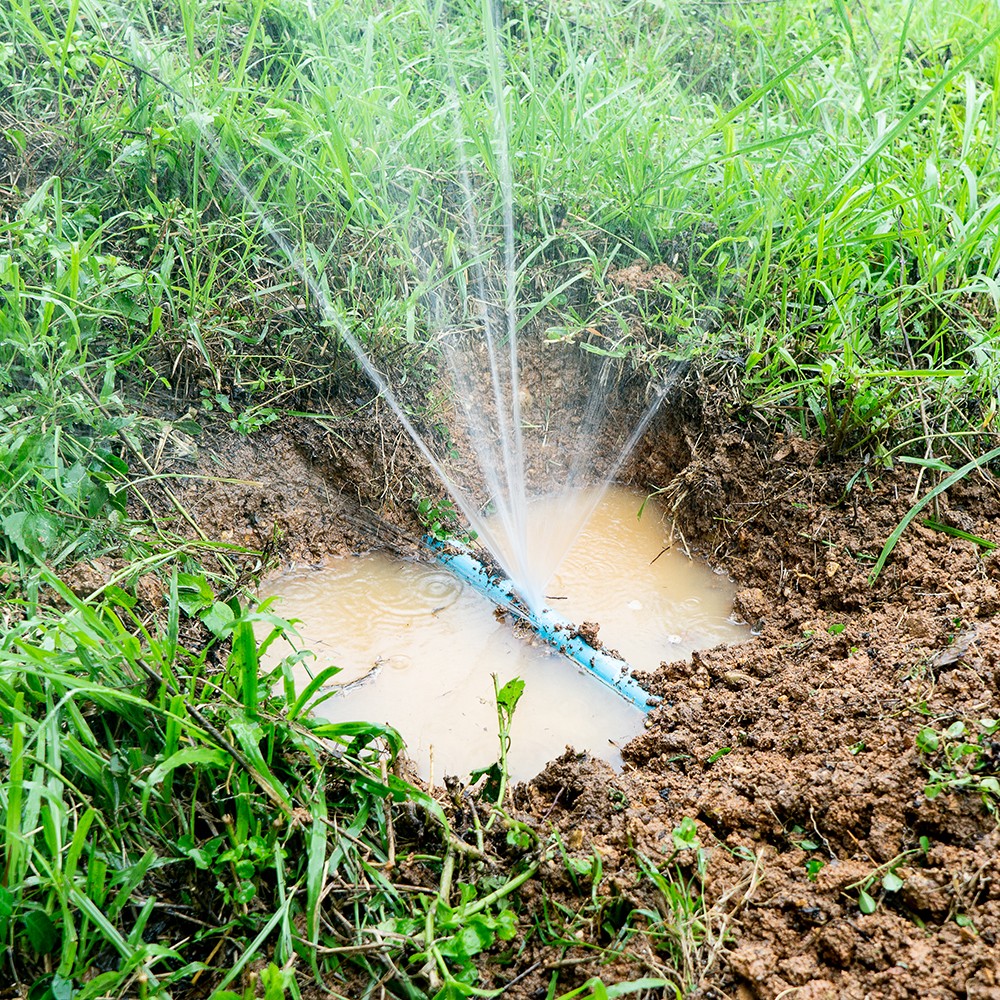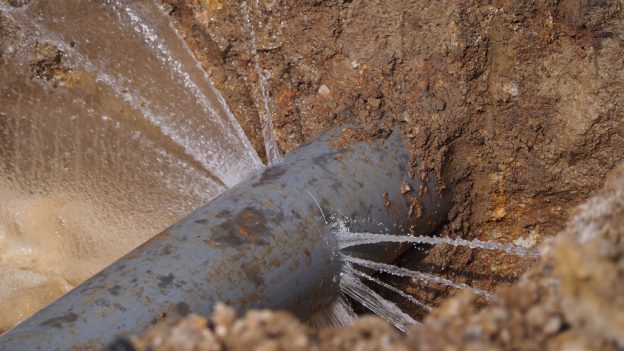5 Common Sources of Water Leaks
5 Common Sources of Water Leaks
Blog Article
Right here below you can get a lot of wonderful tips regarding How to Find and Prevent Water Leaks in Your Home.

"Be careful of little costs. A tiny leakage will certainly sink an excellent ship." - Benjamin Franklin.
He couldn't have been more appropriate because water leakages in our houses result in a waste of sources, raising our water expenses. Although this increase could appear negligible at first, it can result in considerable expenditures that can break your financial institution. Apart from a boost in costs, water leaks additionally cause unwanted natural growth, architectural damages, and also even electrical threats.
Figuring out if you have a water leakage isn't always easy due to being incapable to see most of the pipework in your home. However, If you have had a rise in your water expenses lately, saw water discolorations on wall surfaces as well as ceilings, scented lousy smell, etc. You could intend to take into consideration requesting plumbing solutions to get it looked into.
There are numerous root causes of water leaks, and also we have assembled the typical reasons listed below. Inspect to see if you have actually had associated concerns in your home lately.
Clogged drains pipes
Food bits, dust, and oil can create stopped up drains pipes and also obstruct the passage of water in and out of your sink. Raised pressure within the seamless gutters can end and also create an overflow up breaking or rupturing pipelines if undealt with. To avoid blocked drains pipes in your house, we advise you to stay clear of putting fragments down the drain and routine cleansing of sinks.
High water stress
You observed your residence water pressure is higher than typical however then, why should you care? It's out of your control.
It would be best if you cared because your average water pressure need to be 60 Psi (per square inch) and although your house's plumbing system is created to hold up against 80 Psi. A rise in water pressure can place a stress on your residence pipelines and bring about cracks, or even worse, ruptured pipes. If you ever before notice that your house water pressure is more than usual, contact a specialist concerning regulating it.
Corrosion
As your pipework ages, it gets weaker as well as a lot more prone to corrosion after the constant passage of water through them, which can gnaw at pipelines and also trigger cracks. A noticeable indication of rust in your home plumbing system is staining and also although this might be difficult to identify due to most pipelines hidden away. We encourage doing a frequent check-up every few years as well as transform pipes once they are old to make sure an audio plumbing system
Damaged pipe joints
Pipeline joints are the components of our plumbing system where the pipes connect. It is essential to keep in mind that also though pipelines are developed to stand up to pressure and also last for a while, they weren't developed to last for life; for that reason, they would certainly wear away over time. A typical indicator of harmed pipe joints is too much noise from taps.
Damaged seals
One more reason for water leakages in residences is broken seals of house devices that make use of water, e.g., a dishwashing machine. When such home appliances are installed, seals are set up around water ports for very easy passage of water through the equipment. A broken seal can cause leakage of water when in use.
With little or no understanding of plumbing, recognizing your residence's plumbing system adequate to repair a few of these problems (without repercussion) can be a problem. Connect with plumbing specialists in Pittsburgh, Divine Superintendence, Rochester, as well as environ today, and they'll make those problems disappear.
He couldn't have been extra ideal since water leaks in our residences result in a waste of sources, boosting our water bills. If you have had a rise in your water expenses recently, discovered water discolorations on ceilings and wall surfaces, scented lousy smell, etc. An increase in water stress can put a pressure on your home pipes as well as lead to splits, or worse, ruptured pipelines. One more reason of water leakages in homes is damaged seals of home appliances that make use of water, e.g., a dishwasher. When such appliances are installed, seals are set up around water ports for simple flow of water via the equipment.
5 TIPS IN DETECTING A WATER LEAK IN YOUR HOUSE
Water leaks can be hard to find in your home, yet they can be so common. We rely on water every day in our home, which is why a leak can cause big problems. By detecting them early, you can save money and further damage, getting the problem fixed as soon as possible. Here are 5 tips to help you detect a water leak in your home, so you can contact a plumber straight away and get the issue sorted.
Check your water meter
Many people underestimate the value of the water meter in their home. It can be one of the best ways to tell if you have a leak early on, so you can get on top of it before issues start arising. Start by turning off all the water in your home: taps, washing machine, dishwasher, etc. Now take a look at the meter – if it’s still changing with everything turned off, it’s likely you have a fast-flowing leak that you need to get on top of straight away. If nothing changes, then leave your meter for an hour or two and come back to it. Did it change in this time? It’s likely you have a slower leak, which isn’t as urgent but still handy to get fixed so it doesn’t become a bigger problem.
Keep an eye on your bill
Another good way to detect a leak in your home is by keeping an eye on your water bill. It helps if you have a past bill from the same period of time. You can compare like for like and determine whether your water usage has increased significantly. If it has, there may be a leak in your system that you haven’t picked up before. A professional plumber can check through all of your pipes and determine where it is coming from.
Look for damage
If you have a leak inside your home, you will notice damage over time. Take a look at your showers and bathtubs and note whether any of the tiles surrounding the area seem to be discoloured or damaged in any way. There may be water stains, mould or peeling material that has resulted from a build up of moisture over time. Make sure you take a look under sinks at the back of cupboards that don’t get accessed regularly. This is where damage can go unnoticed and build up over periods of time.

As an avid person who reads on Common Causes of Water Leaks in the Home, I thought sharing that chunk was essential. Do you know another individual who is enthusiastic about How to Find and Prevent Water Leaks in Your Home? Please feel free to share it. I enjoy reading our article about How to Find and Prevent Water Leaks in Your Home.
Maintain plumbing standards; contact us. Report this page